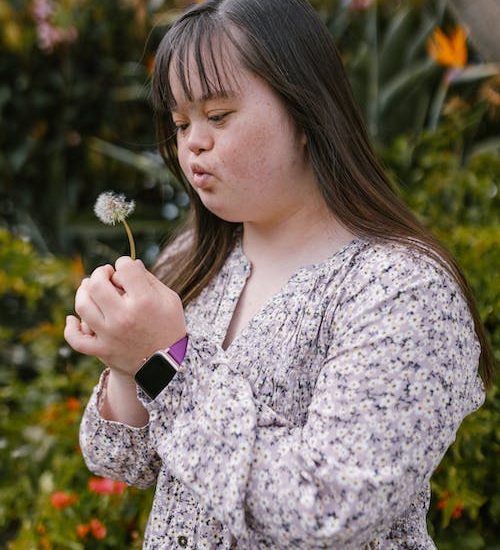
Operating principles are the way that organizations put
their values into practice and get things done.
As our name implies, we provide Help
Operating on Principles of Effectiveness (HOPE)
Our services are grounded in the principles of Applied Behavior Analysis (ABA), which has decades of research backing its effectiveness. ABA applies the science of human behavior to behaviors of social importance, with the goal of improving the lives of those served.
Here are some of the values we base our services on at HOPE:
- All individuals are entitled to be taught skills that are meaningful to their lives and will position them for as independent a life as possible in adulthood.
- Choice, control, and competency are core rights all have access to in managing their own lives.
- All individuals are entitled to the right to live happy, safe, healthy, fulfilling, and dignified lives.
- Happiness and quality of life are uniquely defined for each individual, but can and should be attained by all.


Given these values, here are some of our concerns based on research that have inspired our work:
- Outcomes in adulthood are reported to be lower in every area assessed for individuals with disabilities, including ASD; these outcomes have remained poor for decades.
- Quality of Life (QoL) is reportedly lower in individuals with disabilities, including ASD than those in the typically developing population.
- Each year, hundreds of thousands transition to adulthood without being adequately prepared to do so.
- For the most part, individuals with disabilities enter the adult world without the skills necessary to attain adequate independence and function within society without supports.
- Adult services in the United States are drastically deficient in terms of resources, access to needed services, including those that are of the quality and intensity necessary.
However, we remain HOPEful, since the research has also shown the following:
- Success in adulthood may be best defined by the degree of self-sufficiency one has; this makes adaptive skills (or those that lead to independence in our environments) a key outcome measure and the priority in teaching.
- Adaptive behavior skills have been shown to improve outcomes in adulthood in a number of areas.
- Adaptive behavior may include complex areas of human competence such as safety, social skills, self-management, communication, time management, self-care, employment, etc., the acquisition of which are generally associated with greater success in adulthood.
- Targeting adaptive behavior skills early can help positively affect the long-term necessity (and cost) of services into adulthood.
- Increasing adaptive skills is very clearly within the repertoires of practitioners, especially those using the powerfully backed science of ABA that has been used for decades to successfully teach them.
